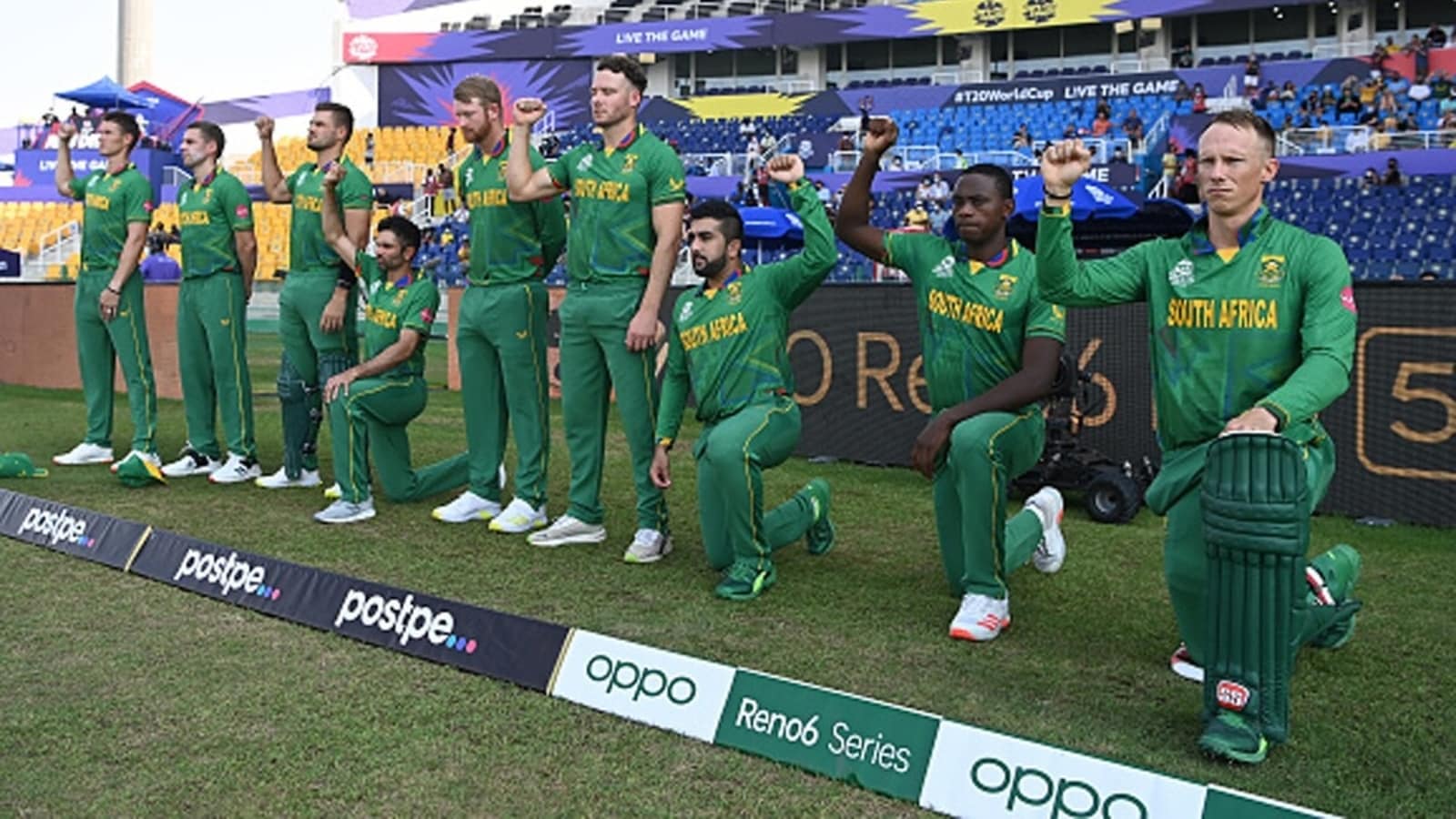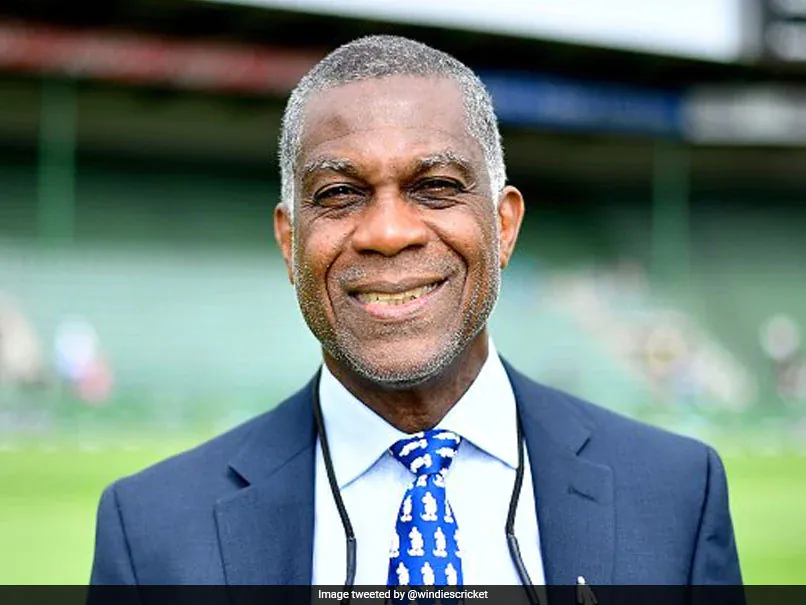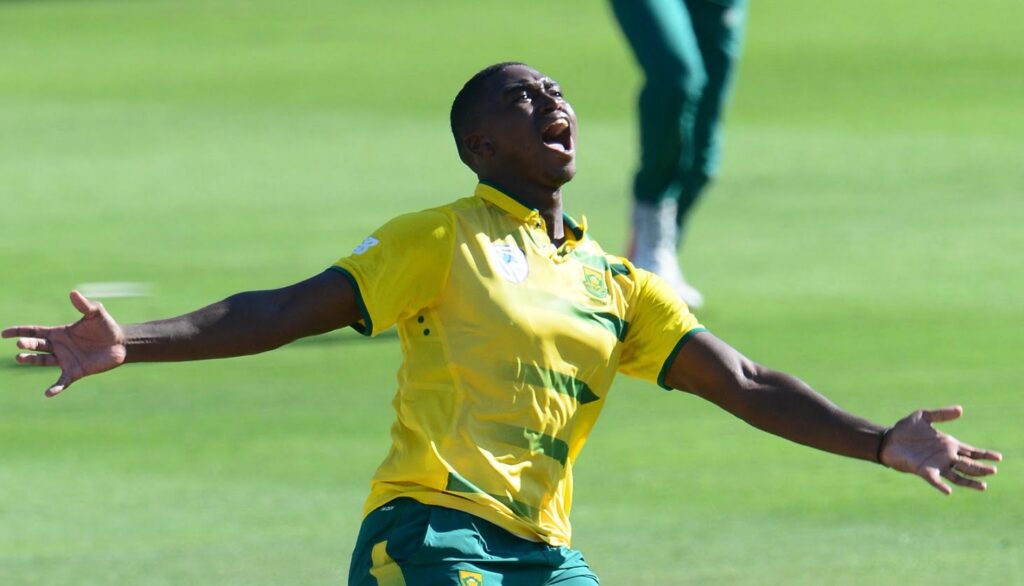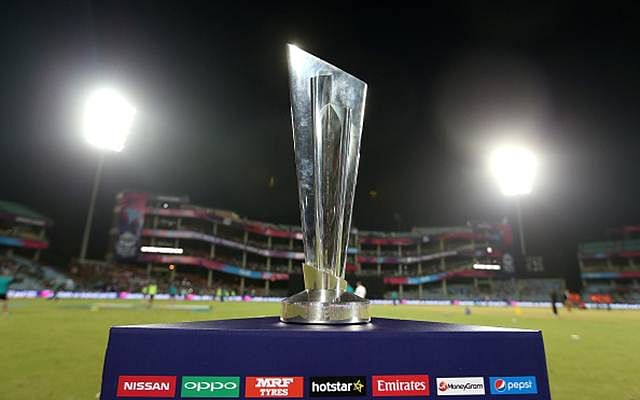Racism in Gentlemen’s game

The Cricketing World has been rocked by a series of scandals of late that have taken a bit of the sheen off ‘star’ reputations- some current, some retired.
In particular, the issue of discrimination and racism in cricket has dominated cricketing headlines as never before and is something that cannot and will not be wished away, or swept under the carpet, much though Yorkshire Cricket and the ECB- the England and Wales Cricket Board would have wished it so, having sat on Azeem Rafiq’s racial victimisation complaint for a disgusting 4 years. But more of that later.
A disturbing incident with racial overtones rocked the recent T20 World Cup at Dubai right at the beginning of the Tournament. Cricket South Africa had directed its players to “take the knee” in the now familiar gesture in support of the ‘Black Lives Matter’ movement. A directive that led to wicketkeeper-batsman Quinton de Kock refusing to comply and withdrawing from the game against the West Indies, bringing the internal dissension on the matter within the team, out in the open.
In a shocking move, he made himself unavailable for selection in that match.
De Kock later issued a contrite apology saying that he belonged to a mixed-race family and had always passionately believed in the Black Lives Matter concept, but resented being told what to do by the South African Board. Following this apology, he was welcomed back into the fold and played the rest of their matches, but the bitter taste left by the incident lingers.
This pre- match symbolism first started last year in July when both the England and the West Indies teams ’Took the Knee’ prior to the start of their momentous first Test Match at the Ageas Bowl that marked the resumption of international cricket after the long coronavirus lay off. The gesture was seen as a show of support to the Black Lives Matter movement by the cricketing fraternity, in the wake of the unprecedented anger against racism that gripped the world after African-American George Floyd’s death in the United States. It was mooted as a powerful, combined statement against racial discrimination, by International cricket as a whole.
In a pre-match interview at the time, legendary West Indian fast bowler Michael Holding, a commentator with Sky Sports for the past 21 years and one of the most respected voices in world cricket, had made an impassioned and emotional plea along with fellow commentator, former England Women’s Captain Ebony Rainford- Brent, to ‘Educate the World’, both Black and White and correct historical biases that went back centuries and continued to this day.
Holding’s sentiments were echoed by another former England captain Nasser Hussain, himself of mixed Indo-British parentage, who felt the world had looked away from such things for far too long and that racial equality must be a ‘given’ and there should be no need in this day and age for anyone to say ‘Black Lives Matter.’
South Africa, the Nation most affected by racial discrimination in recent times, went through their own turmoil over the symbolism of this gesture. The Cricketing community of the Rainbow Nation underwent some emotional soul-searching when ‘coloured,’ South African Test Cricketer Lungi Ngidi first declared that he was in favour of his team-mates taking a similar stand like the other nations.

Michael Holding 
Lungi Ngidi
In a country deeply divided on racial lines, his statement expectedly evoked mixed reactions and Ngidi initially faced a backlash from four former players – Rudi Steyn, Pat Symcox, Boeta Dippenaar and Brian McMillan.
But he has since received plenty of support from various quarters within the South African cricketing community, both black and white. Going by the recent De Kock incident however, the voices of dissent are clearly a long way from being quietened.
In a country where only around 6% of the population is white, generations of young black sportsmen have given up their dreams of representing their country and playing sport professionally, because the ‘Whites Only’ policy practised by the South African government for years, precluded this.
The world never got to know these talented cricketers because they never had the opportunity to play!
Someone like Basil D’Oliveira, who could emigrate to England and successfully go on to play Test cricket for that country, was an exception. Most were not so lucky.
The resultant deep-seated angst, born of centuries of deprivation amongst the black community worldwide, was poignantly depicted recently in a photograph that went viral some months ago, of a group of young African- American Medical students standing in front of a ruined Louisiana Plantation in the US, where their forefathers had worked as slaves, saying “We are our ancestor’s wildest dreams.”
In the cricketing context one needs to look no further than Makhaya Ntini the South African fast bowler who played more than 100 Test matches for his country, who sometimes felt so uncomfortable and isolated within the predominantly-white team environment, that he preferred to jog back to the hotel from the stadium after the match instead of getting onto the team bus!
This from someone who ranks amongst the greatest South African pacers of all time!
Which brings us back to Yorkshire’ s handling of the Azeem Rafiq case. It has now been proved and accepted, to the great discomfiture and hopefully, lasting shame of a lot of people at Yorkshire and the ECB, that he raised specific concerns of racism in 2018 and the club failed to take them seriously and investigate the allegations.
The ECB now feigning ‘holy’ shock and dismay at Rafiq’s misery, have spent the last 15 months taking no notice of his complaints and instead, allowing Yorkshire to try and sweep it under the carpet with all the disdainful arrogance of a so- called powerful superior, when it comes to dealing with inconvenient truths.
In the comfortable, ingrained belief that these could be suppressed and made to go away.
All the while asking England players to take the knee before each match and wear T-shirts with slogans proclaiming cricket to be an inclusive sport for all, in a clear show of double standards.
An investigation was finally launched at the Yorkshire County Cricket Club, only in September 2020 after Rafiq gave a media interview in which he said that the club was institutionally racist and that he had been driven close to suicide by the humiliation and mental torture that he had endured over years.
The chairman of the Club resigned after they were banned from staging England matches and sponsors withdrew in droves over their handling of the unprecedented crisis.
But even after all this, the Club came out with an incredibly insensitive and arrogant statement in which they admitted that although they had initially failed to investigate the allegations – and that Rafiq had indeed been subjected to racial harassment – “there is no conduct or action taken by any of its employees, players or executives that warrants disciplinary action.
The idea that this outrageous statement would be enough, and the world would just sit back and move on, expectedly and deservedly came to nought soon enough!
At an explosive Parliamentary Committee hearing recently, viewed on the Internet hundreds of times with shock and disgust, shaming English Cricket as a whole, Rafiq, a former England U-19 captain, repeatedly broke down in tears as he spoke about his “inhuman” treatment. He described sustained, institutionalised abuse, revealing how he and other players with Asian backgrounds were subjected to comments like “You lot sit over there near the toilets” and “there are too many of you now, we need to do something about it.” And how they were collectively addressed as ‘Kevin’ or ‘Steve’ by arrogant, white-privilege perpetrators who could not be bothered to accord them the dignity of addressing them by their given names.
Over the years, dressing-room culture has been designed to enhance team-spirit, camaraderie and bonding through shared experiences and light-hearted banter amongst players. That this should take on such an abhorrent racist form, with players and management seemingly unable to distinguish between racist bullying and good-natured banter, is extremely disturbing to say the least.
Rarely if ever, has it been challenged and called out like this before, although a number of players of colour have increasingly raised their voices against it in the recent past, only to be repeatedly brushed under the carpet. Rafiq’s allegations were probably the proverbial straw that finally broke the Camel’s back!
Through their reluctance to take action in this case, the Yorkshire County Cricket Club and the ECB have only held fort in the face of shocking allegations that are no less disturbing than the George Floyd death in the US that they so righteously sought to condemn by ‘taking the knee’. A fort of mythical white supremacy that has been repeatedly disproved over the years. A figment of imagination of a long-dead Empire with its history of shameful pillaging and subjugation.
That Racism in sport is alive and well is adequately portrayed by the blame and castigation that invariably attaches to ‘players of colour’ when a predominantly ‘white’ team loses an important match. The all-round abuse of the three ‘coloured’ footballers who missed their penalties in the European Cup final and the castigation of Moeen Ali and Hasheeb Hameed for throwing away their wickets after playing important knocks in a Test Match that England lost to India recently, are just two recent examples of this. It did not make any difference that a number of other England players of the ‘right skin colour’ had barely lifted a finger to justify their places in these matches.
It appears therefore, that racism is a deep-rooted malaise that lies just below the surface and is not going to go away in a hurry but even so, it remains incumbent on the cricket fraternity and the society at large to take necessary steps that negate and mitigate this centuries-old evil in the hope that there will come a day when sport, if not society itself, will become truly multicultural and inclusive.
However, whether enforced rules and guidelines that promote 30% inclusion of ‘persons of colour’ and other genders in various capacities in cricket teams and sports bodies by March next year, as envisioned in the British Parliamentary Committee’s recommendations, will help quell these disparities remains a moot point, specially in the light of a similar South African experiment earlier. While it may be just one of the many steps needed in that direction, the malaise itself may not be cured by such quick fixes, simply because they would not alter the attitudes that are at the root of such issues.
The permanent solution to the problem would instead lie in a broadening of basic human perspectives and in the generosity of the human spirit that believes and accepts all human beings as equal, worthy of the same courtesy, respect and equality of opportunities.
That cannot come from imposed regulations and guidelines, although in the short term, it might help to facilitate such thinking. But to bring about any meaningful change and drive away these injustices, it would require the ‘Education of the World’ that Michael Holding had so passionately spoken about, last year!
And that long term inclusivity is what a more just world needs to seriously look at, instead of cosmetic knee-jerk reactions.






